Concerts are magical until you see the price tag. Whether it’s your favorite pop star or a legendary rock band, concert ticket prices today can feel outrageous. But it’s not just your imagination; a lot is happening behind the scenes that drives those numbers up.
In this article, we’re diving into the real reasons why concert tickets are so expensive, from hidden fees to dynamic pricing, and even how resellers get in the mix. If you’ve ever wondered where your money’s going, you’re about to find out.
Why Are Concert Tickets So Expensive In America?
If you’ve ever gasped at the price of a concert ticket in the U.S., you’re not alone. Average concert ticket prices in the USA will vary.
Several factors contribute to the soaring costs of live music experiences, from hidden fees to market monopolies. Let’s break down the key reasons:
1. Hidden Fees and ‘Junk Charges’
Ticket prices often include a slew of additional fees, service charges, convenience fees, processing fees, and more that can inflate the final cost by an average of 27%. These fees are frequently undisclosed until the final checkout, leaving consumers frustrated and surprised.
2. Dynamic Pricing Models
Ticketing platforms like Ticketmaster employ dynamic pricing, where ticket costs fluctuate based on demand. This means that prices for popular events can skyrocket, making it challenging for average fans to afford tickets.
3. Dominance of Major Players
Live Nation and its subsidiary Ticketmaster control a significant portion of the ticketing and venue market in the U.S. This consolidation limits competition and allows these entities to set higher prices and fees.
4. Resale Market and Scalping
Resellers and scalpers often use bots to purchase large quantities of tickets the moment they go on sale, only to resell them at inflated prices on secondary markets. This practice reduces availability for genuine fans and drives up overall costs.
5. Increased Production Costs
Modern concerts are elaborate productions with advanced technology, intricate stage designs, and extensive special effects. These enhancements significantly elevate the overall cost of staging a performance, which is then passed on to consumers.
6. Shift in Revenue Streams
With the decline in physical album sales and the rise of streaming services, artists rely more heavily on touring as a primary income source. This shift has led to higher ticket prices to compensate for decreased revenue from traditional music sales.
7. Exclusive VIP Packages
The rise of VIP and “experience” packages offers fans perks like early entry, meet-and-greets, and exclusive merchandise. While this adds value for those who can afford it, it also skews overall ticket pricing, making standard seats seem more expensive in comparison.
Understanding this can help consumers make informed decisions and advocate for more transparent and fair ticketing practices in the live music industry.
Also read: Top 10 Fastest-Selling Out Concerts
How Resellers Beat Out The Fans?
Scored tickets in your cart only to lose them in seconds? That’s the work of resellers and their digital army of bots. Let’s break down how they get the upper hand:
1. Ticket Bots Work Faster Than You Can Blink
Resellers use automated bots to snatch up tickets the second they go live. These bots are faster than any fan, grabbing bulk orders before you’ve typed in your card number.
2. Multiple Accounts = More Tickets
Scalpers bypass purchase limits by creating dozens of fake accounts and using different IP addresses. The result? They scoop up tickets meant for actual fans.
3. Insider Access and Pre-Sale Exploits
Some resellers get tickets through industry insiders or early-access presales, often leaving the general public with the leftovers.
4. Creating Fake Scarcity
A sneaky move called “denial of inventory” lets bots hold tickets in carts without buying them, tricking the system into thinking seats are sold out – and driving panic buying.
5. The Law Exists – But Doesn’t Always Help
The BOTS Act of 2016 made this illegal, but enforcement is spotty. Many scalpers still operate freely, especially on resale sites. The deck is often stacked before the sale even begins.
Why Are Concert Tickets Cheaper In Europe?
If you have been wondering why catching your favorite artist live in Europe might lighten your wallet less than attending a show in the U.S., then let’s explore the key reasons behind the more affordable concert ticket prices across the Atlantic.
1. Stricter Ticket Resale Regulations
Many European countries enforce laws or regulations to curb excessive ticket resale prices. For instance, in Germany, reselling tickets for more than 25% above face value is illegal.
While the Netherlands doesn’t have a fixed legal cap, there have been increasing efforts to combat inflated resale prices, such as organizers canceling overpriced resales and the government proposing stricter consumer protection measures. These actions aim to keep tickets more accessible and prevent exploitation on secondary markets.
2. Government Oversight on Pricing
European governments often have a more hands-on approach to regulating industries, including live entertainment. This oversight can include capping ticket prices and breaking up monopolies, ensuring that no single entity can dominate the market and inflate prices unchecked.
3. Cultural Attitudes Towards Pricing
European consumers generally exhibit less tolerance for high ticket prices, leading promoters and artists to set more reasonable rates. This cultural expectation helps maintain affordability and discourages exorbitant pricing strategies.
4. Currency Exchange Benefits
For American fans, the strong U.S. dollar against European currencies can make attending European concerts more economical. This favorable exchange rate means that even after accounting for travel expenses, the total cost can be comparable to, or even less than, attending a concert domestically.
5. Lower Service Fees
European ticketing platforms typically charge lower service and processing fees than their U.S. counterparts. This practice contributes to a more transparent and affordable ticket-buying experience for consumers.
6. Higher Venue Capacities
Many European concert venues are designed to accommodate larger audiences, which can help spread out costs and reduce individual ticket prices. This increased capacity allows more fans to attend events without rising prices due to limited availability.
Regulatory measures, cultural expectations, economic factors, and infrastructure differences contribute to Europe’s more affordable concert ticket prices. For fans seeking cost-effective ways to enjoy live performances, considering a European tour date might just be the ticket.
You might also like: Most Expensive Concert Tickets Of All Time
Why Are Tickets So Expensive On Ticketmaster
If you’ve ever gasped at the price of a concert ticket on Ticketmaster, you’re not alone. While it’s easy to point fingers at the platform, the reality involves a complex interplay of factors that drive up costs. Let’s break down the main reasons:
1. Dynamic Pricing: Supply and Demand in Real-Time
Ticketmaster employs dynamic pricing, also known as “platinum pricing,” where ticket prices fluctuate based on demand. For high-demand events, prices can surge dramatically, sometimes reaching thousands of dollars for standard seats.
2. Service Fees: More Than Just a Ticket
Beyond the base ticket price, Ticketmaster adds various fees, including service charges, facility fees, and delivery fees. While these fees are often attributed to Ticketmaster, a significant portion goes to venues and promoters.
3. Limited Ticket Availability
A substantial number of tickets are reserved for presales, VIP packages, and industry insiders, leaving a limited supply for the general public. This scarcity drives up prices on both primary and secondary markets.
4. Resale Market and Scalping
Ticketmaster’s resale platform allows for tickets to be resold at inflated prices. Additionally, scalpers use bots to purchase large quantities of tickets, further reducing availability and increasing prices for genuine fans.
5. Monopoly Concerns
Ticketmaster, merged with Live Nation, holds a significant share of the ticketing and live event market. This dominance has led to concerns about monopolistic practices, reducing competition, and potentially contributing to higher prices.
6. Regulatory Scrutiny and Transparency Efforts
Ticketmaster has implemented “All-In Pricing,” displaying full ticket costs upfront in response to public outcry and regulatory pressure. However, critics argue that this move doesn’t address the underlying issues of high fees and limited ticket availability.
If they understand this, consumers can navigate ticket-buying more effectively and advocate for transparent and fair practices in the live entertainment industry.
Planning to attend the closest concerts near you? Check out upcoming tours and shows:
Conclusion: Concert Tickets Are Expensive But Not Often
There’s no single reason why concert tickets have become so expensive, from dynamic pricing and service fees to the influence of resellers and market monopolies.
In the U.S., platforms like Ticketmaster and the unchecked power of the resale market drive up prices, while Europe benefits from stricter regulations and cultural pricing norms.
Fans often battle bots and inflated fees just to attend a show. Understanding these things about concert ticket prices doesn’t make the prices easier to swallow, but it explains what you’re paying for.
Lastly, if you’re planning to attend a concert, check our complete guide on concert etiquette and rules to make your experience even better.
FAQs
Stricter resale laws, government oversight, and European cultural pricing norms keep ticket prices lower compared to the less regulated U.S. market.
Ticket bots instantly buy large amounts of tickets, limiting supply for real fans and causing prices to spike on resale markets.
Ticketmaster often drives up the final ticket cost through dynamic pricing, service fees, limited ticket availability, and allowing resale at marked-up prices.
Laws like the BOTS Act aim to stop bots and scalpers, but enforcement challenges mean resellers still significantly affect prices.
Service fees cover venue costs, promoter fees, and Ticketmaster’s charges, substantially adding to the ticket’s base price.
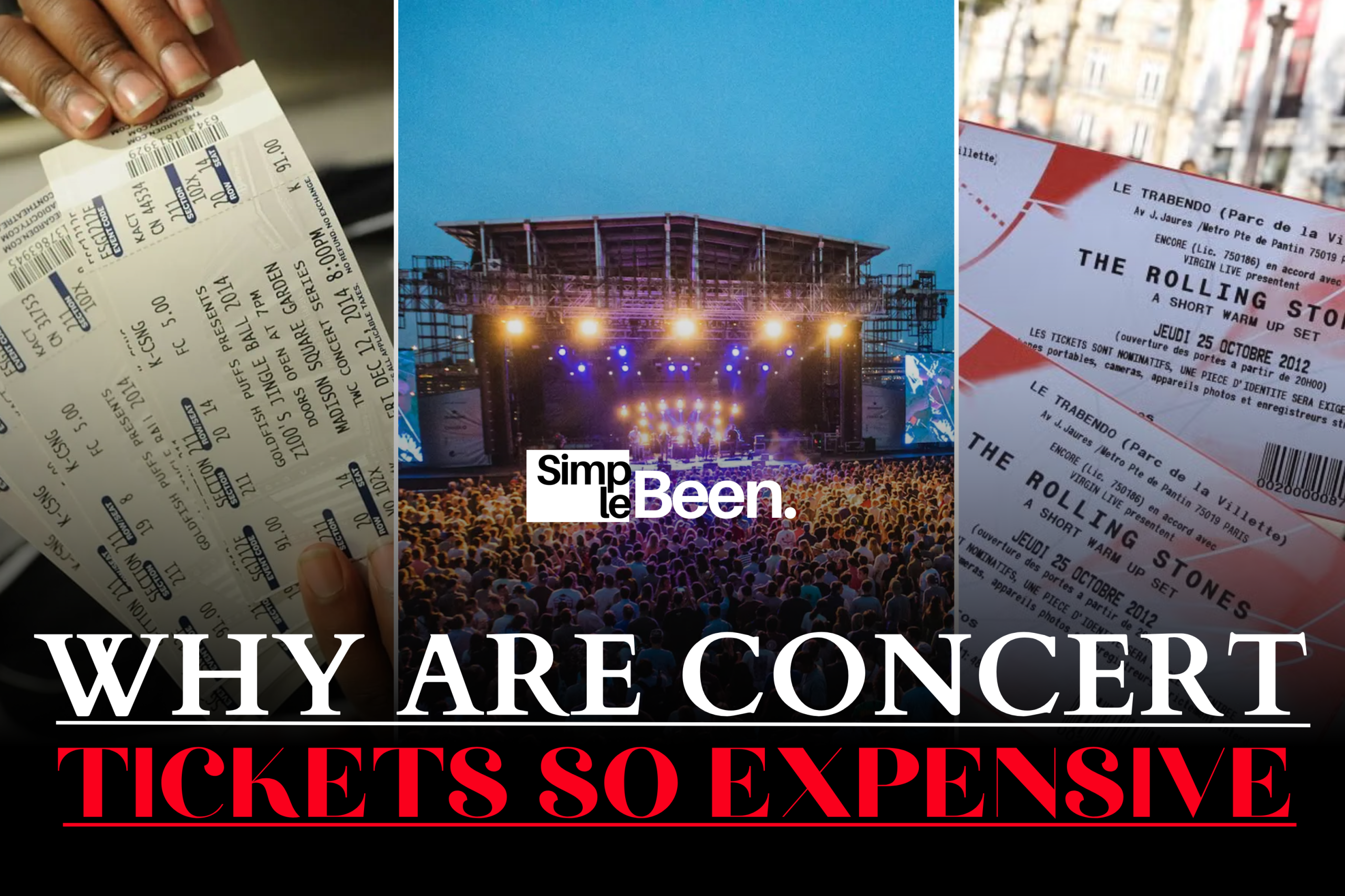
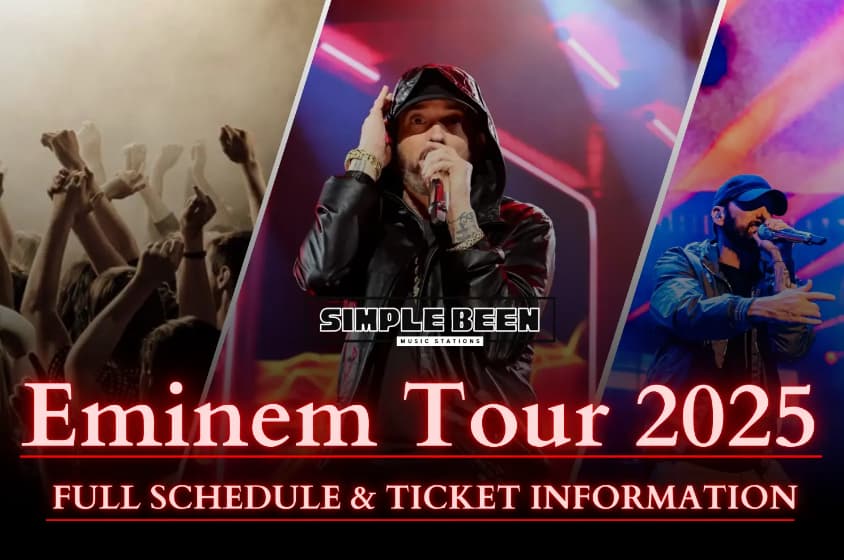
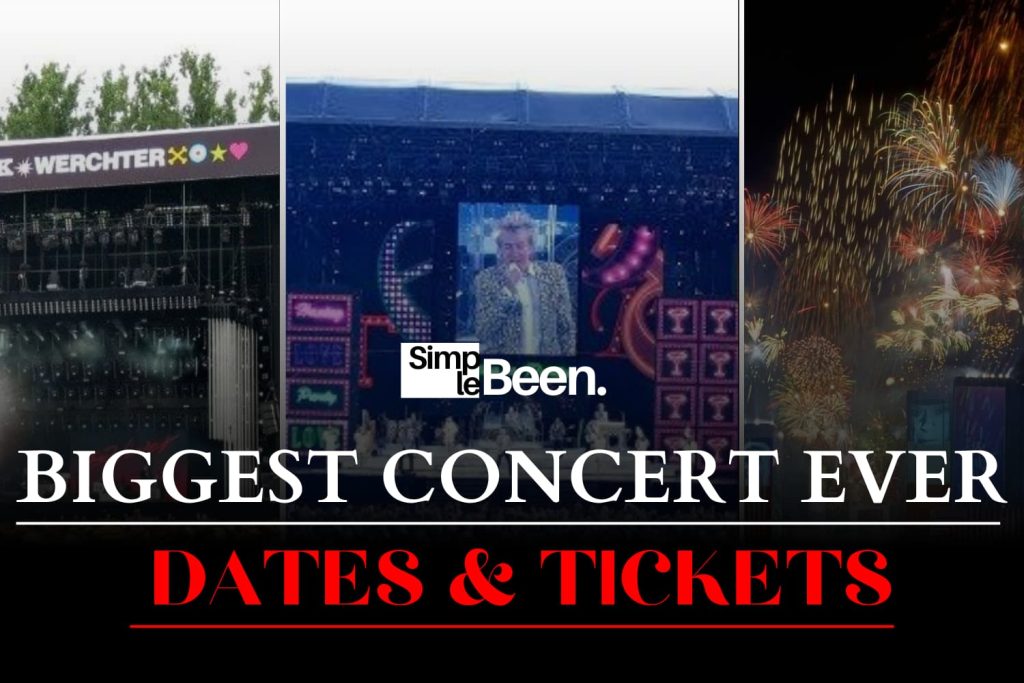

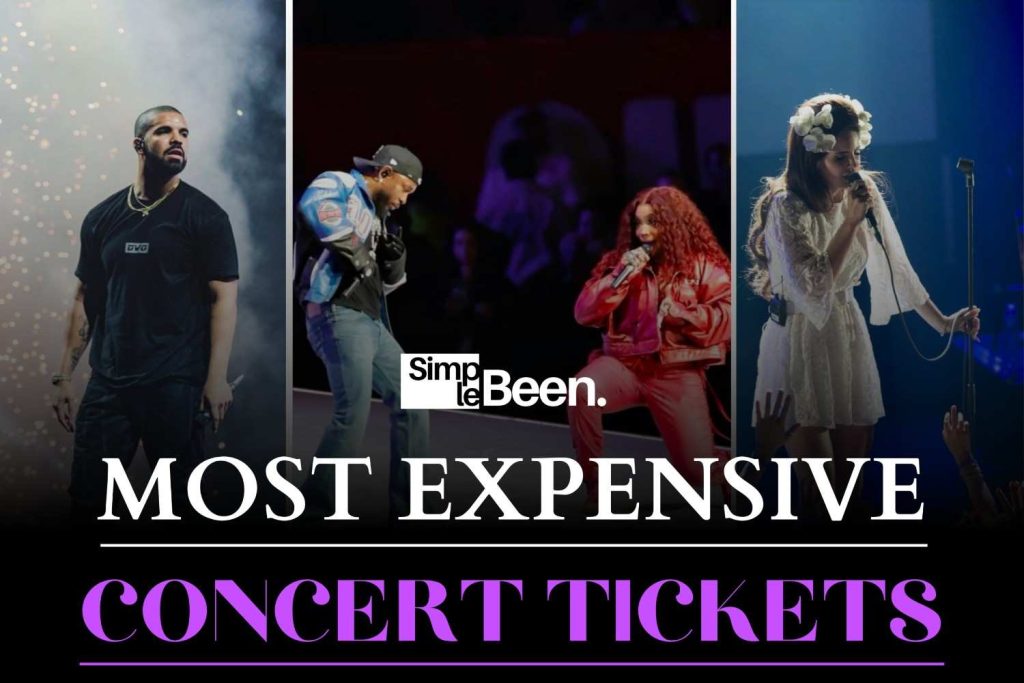

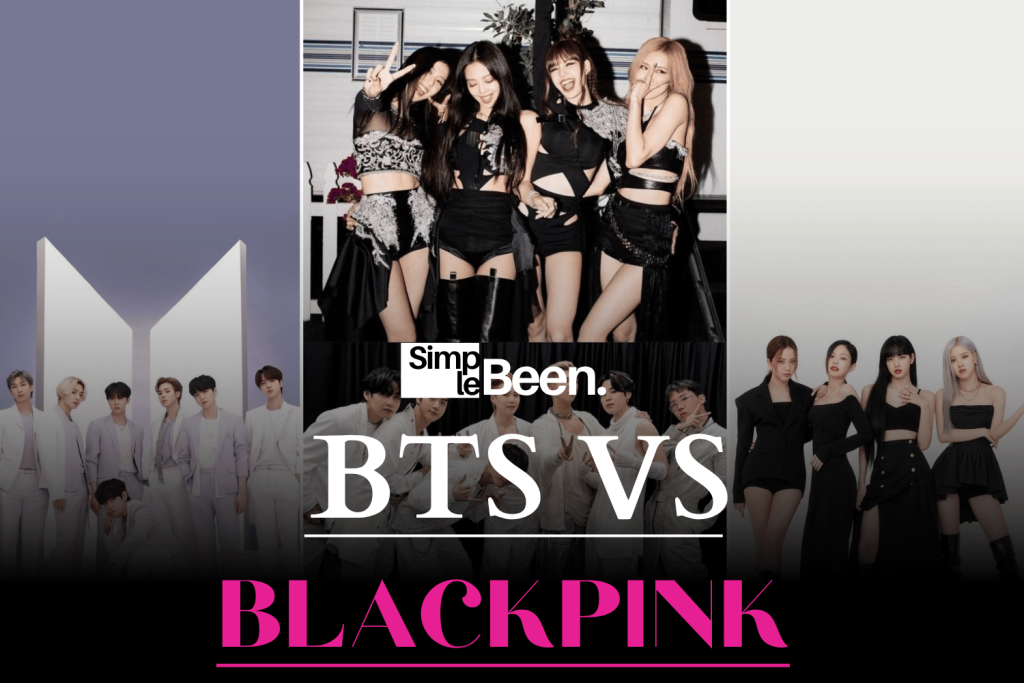
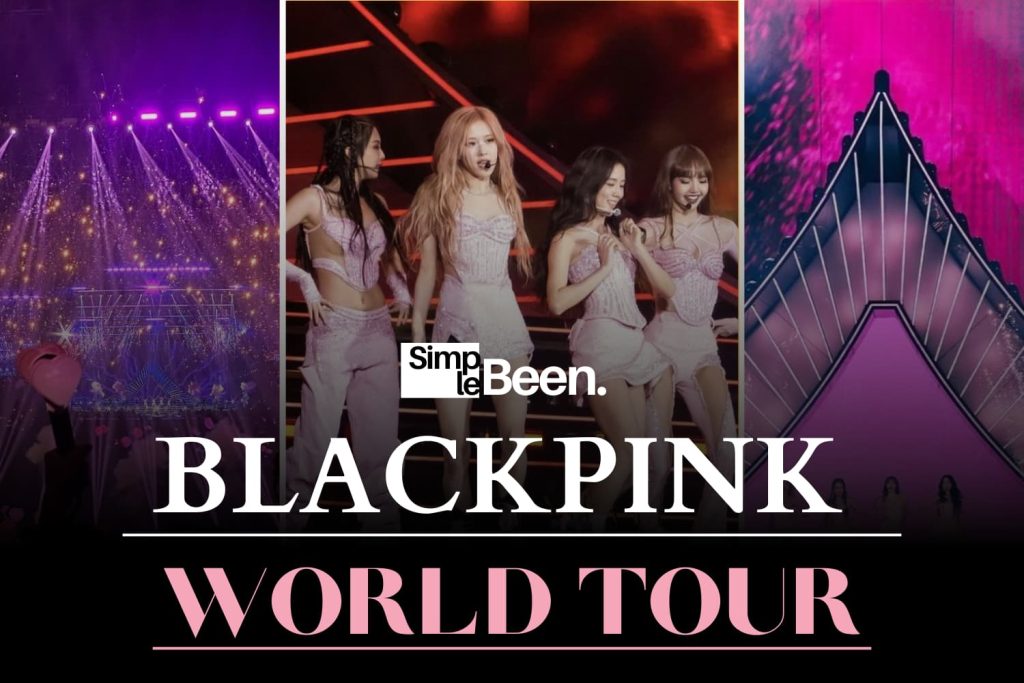
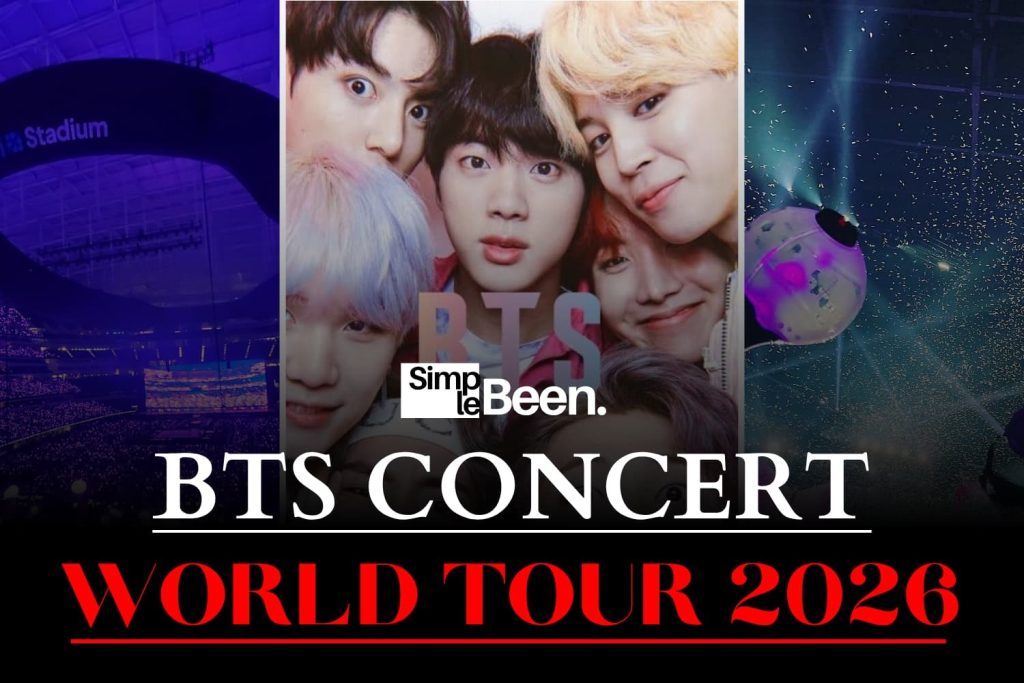
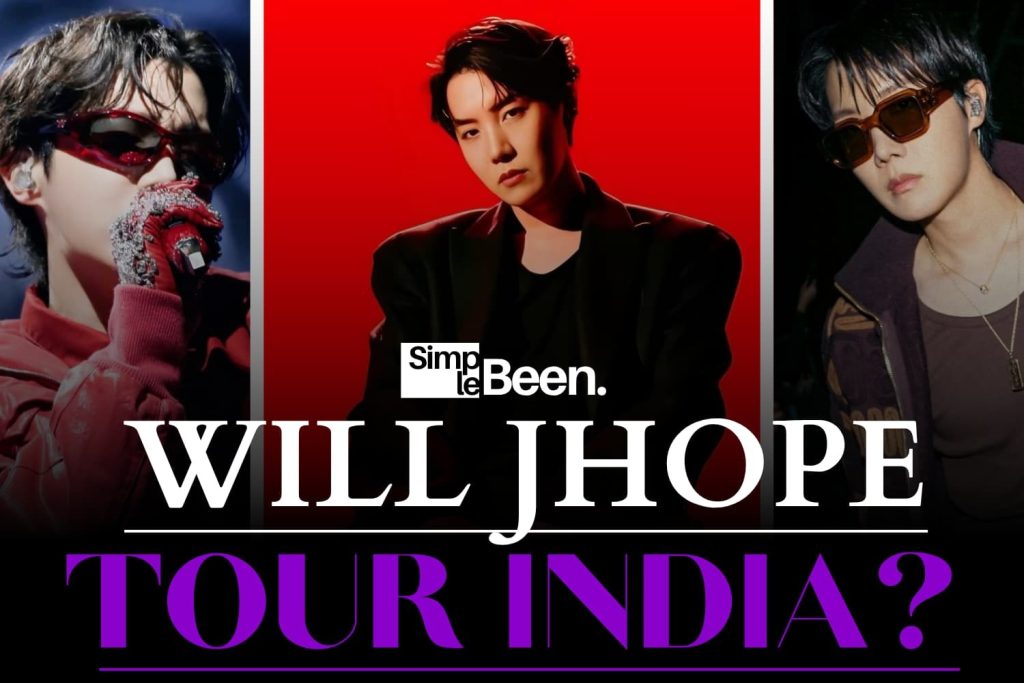
Leave a Comment